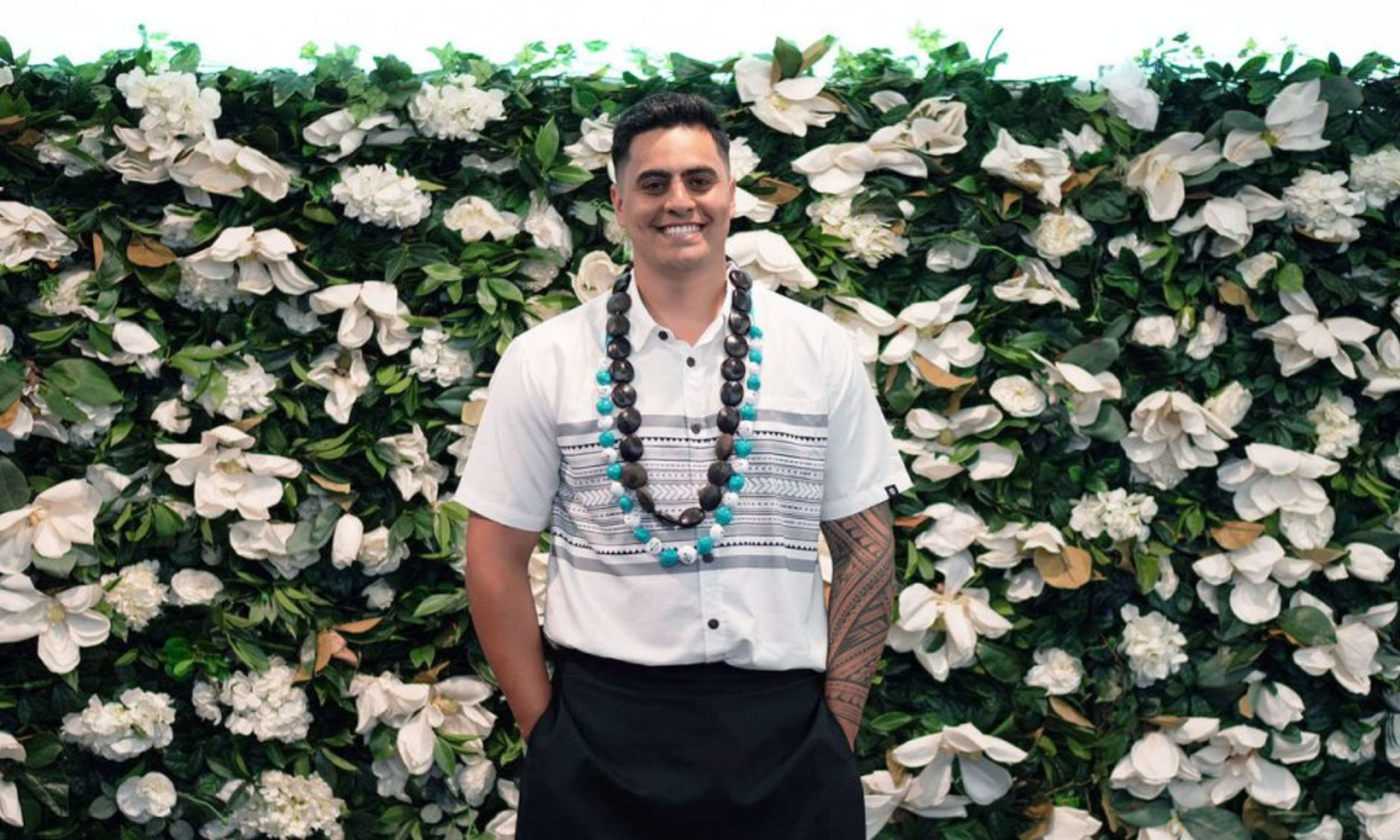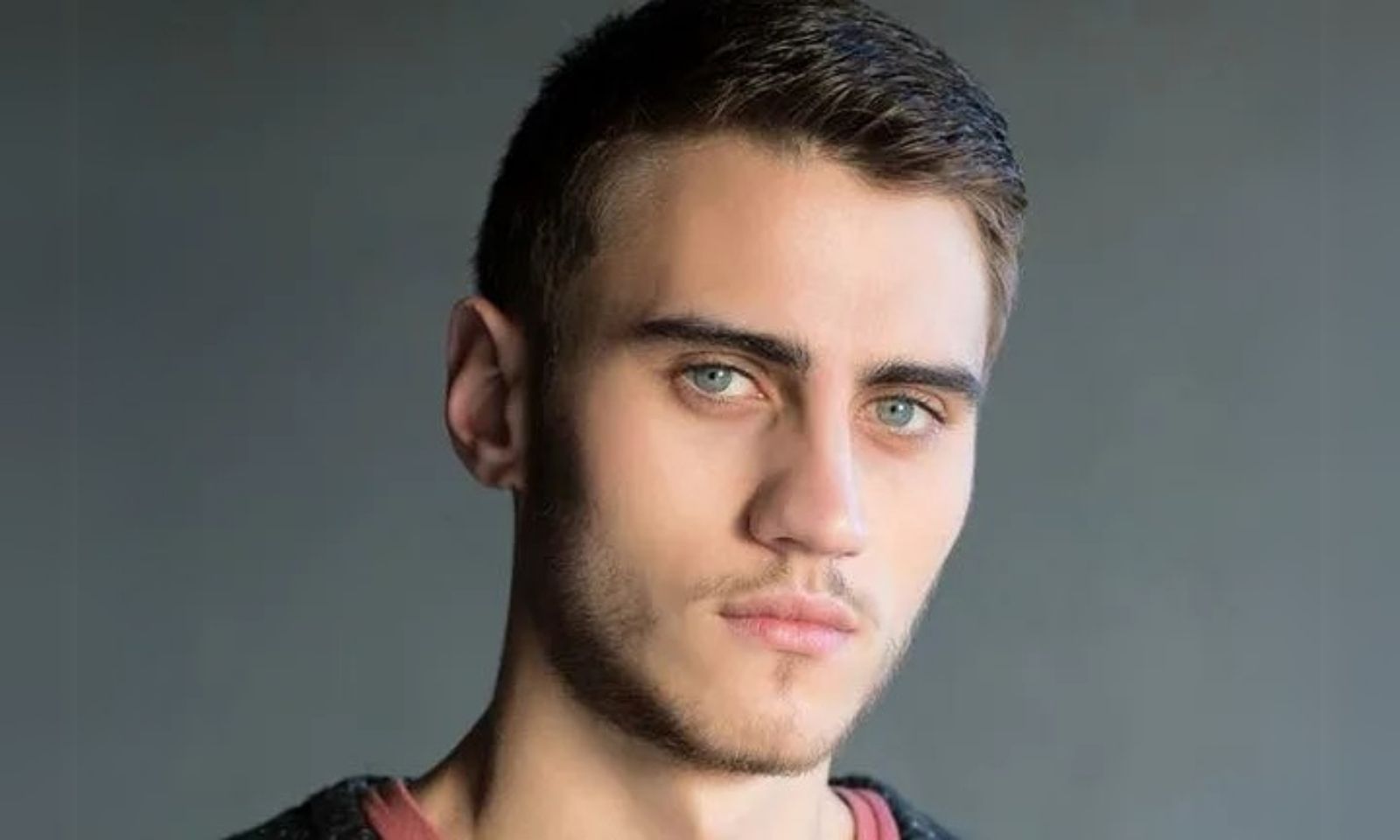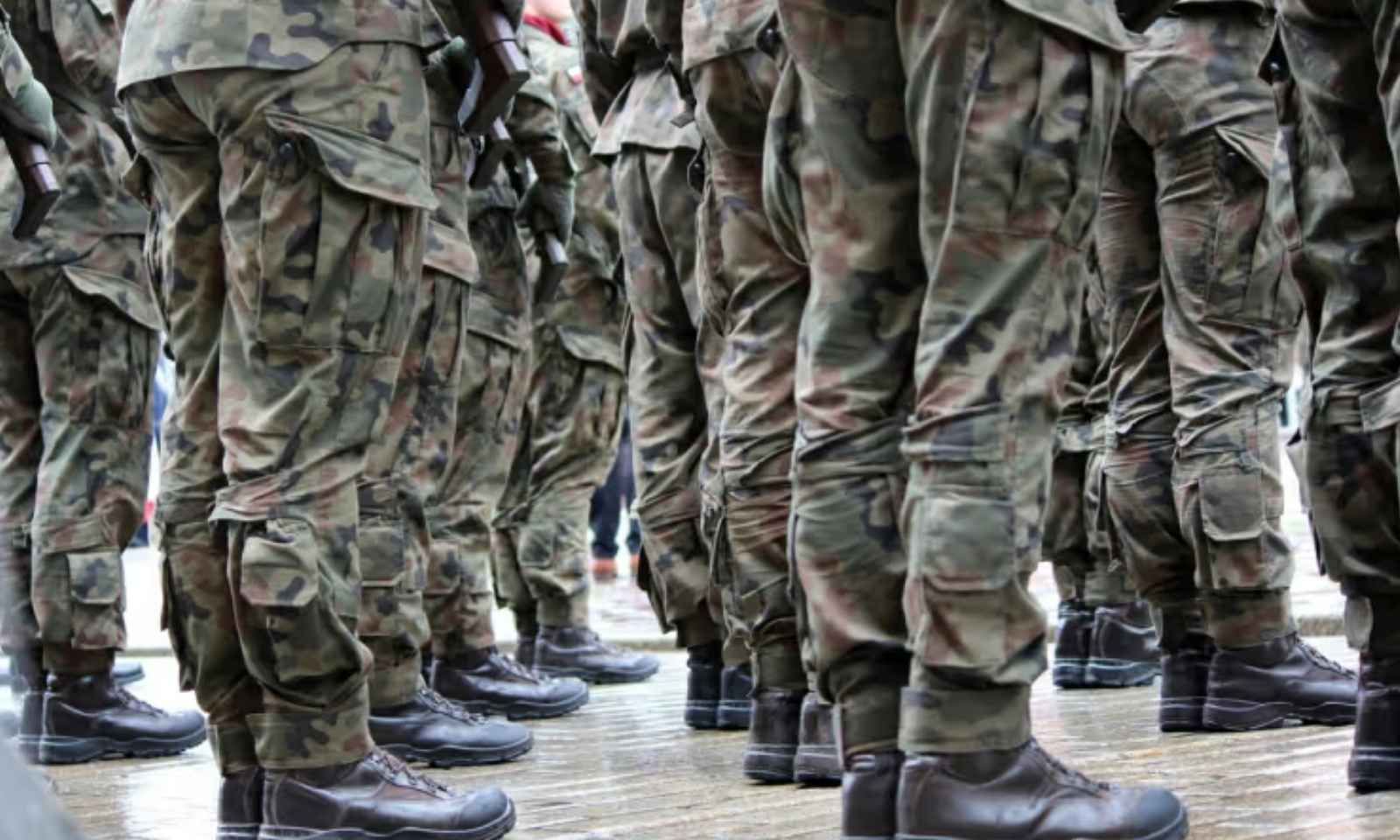

Last year’s census data indicated 6.6 per cent of Pacific people were disproportionately housing-deprived.
Photo /file.
Housing instability and Bootcamp Bill spark criticism from youth advocates
Māori and Pacific youth are affected by homelessness in Aotearoa as critics warn government reforms may worsen intergenerational harm rather than provide effective solutions.



Top 10 Pacific Island songs you need on your summer playlist in 2025


Pacific sports wrap: 2025’s massive highs, lows and historic firsts


Excellence and possibility: Meet the new face of Pacific medicine in Aotearoa

Top 10 Pacific Island songs you need on your summer playlist in 2025


Pacific sports wrap: 2025’s massive highs, lows and historic firsts
A charity advocating for care-experienced youth has highlighted that homelessness is a critical issue, warning that government actions may deepen harm instead of providing effective solutions.
Recent data reveals 112,496 people, or 2.3 per cent of the population, were severely housing-deprived in 2023. This issue disproportionately affects Pacific people (6.6 per cent) and Māori (394 per 10,000). Disabled and LGBTIQ+ youth also face significant challenges in securing stable housing.
In Gisborne, Māori accounted for 84 per cent of those experiencing severe housing deprivation, while Pacific people had the highest proportion of individuals living in uninhabitable conditions or sharing overcrowded homes.
VOYCE – Whakarongo Mai (Voice of the Young and Care Experienced – Listen to Me) is a New Zealand-based charity that advocates for children and young people with care experience, including those in foster care, state care, or whānau care.
Tupua Urlich, the National Care Experienced Lead at VOYCE, says systemic failures have created a lack of stable housing, which directly impacts many youth facing homelessness.
He added that this issue is interconnected with the state care system and causing further harm fueled by intergenerational poverty and unaddressed historical trauma.
"Those are relationships that are severed upon uplifting tamariki, rangatahi - The lack of trust is a result of a lifetime of instability, constantly changing home, abuse, neglect,” Urlich said.
“It isolates our young people and so when we bring in legislation that makes their lives harder, it's no wonder why suicide stats are so high.
“Life is a constant struggle that society doesn't understand and doesn't care to understand because it's easier to hate and be ignorant than it is to invest the time and energy to understand what has happened in that person's journey.

Tupua Urlich. Photo /RNZ.
“I feel like where we're getting lost within all these legislative changes is that we're talking about housing. How sad is it that people are homeless in Aotearoa? We don't have any reasonable excuses for that reality.”
Against this backdrop, the Oranga Tamariki (Responding to Serious Youth Offending) Amendment Bill, often referred to as the “Bootcamp Bill,” has attracted significant criticism.
VOYCE was among more than 20 youth, community, and legal groups that signed an open letter last year urging Prime Minister Christopher Luxon to abandon the bill, which enables military-style academies for “young serious offenders”.
Submissions on the bill closed last Thursday amid concerns that its military-style focus could increase youth trauma rather than alleviate it.
Urlich views these measures as rooted in a colonial attitude “we know what’s best”, which he believes ignores the knowledge held by iwi and hapū, and overlooks the real experiences of children suffering from homelessness.

The Oranga Tamariki Amendment Bill passed its first reading last month, with public submissions closing last week. Photo /Unsplash.
As the next stages of the Bootcamp Bill continue, Urlich says a nonpartisan and inclusive approach is needed.
“It's been across different governments, too. It's not a national thing, it’s not a Labour thing, its consecutive governments failing to acknowledge and give the respect that Māori voices deserve, or the voices of our people,” he said.
“Pasifika, Māori, refugees, migrants across the board, our cultures are very similar in that connections are everything.
“Connections to people, to whenua - And tikanga defines what our babies, our mokopuna need.”